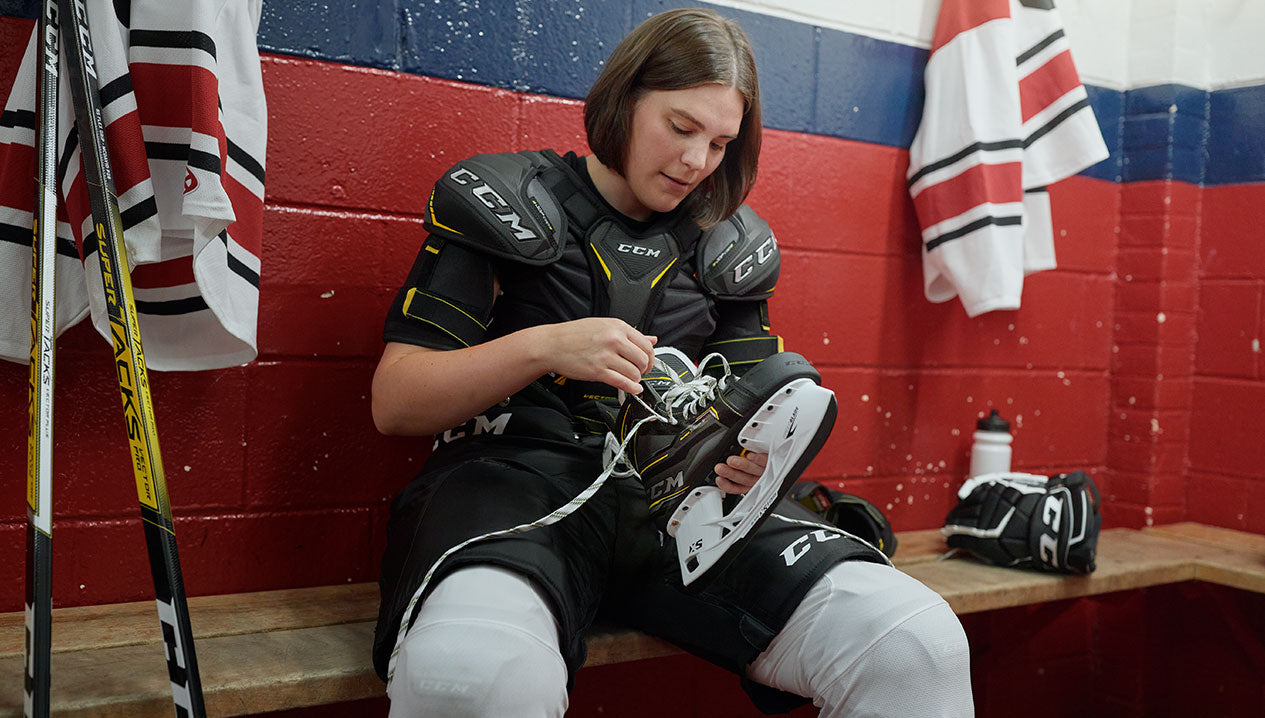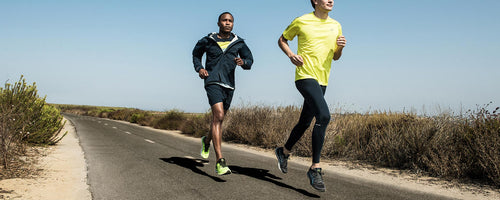Marathon Check List

There is nothing like the rush of pure adrenaline you experience when you are coming down the home stretch of a marathon. You have prepared with months of training, and there are just 24 hours left until the gun goes off. Our Marathon Check List will give you tips to get yourself organized for the big day.
1) Pick Up Your Race Kit
Be sure to read the marathon info packet carefully so that you know the location and schedule for start time, lining up and finishing. Know where you are going to park, or the times of your public transportation get you to the start location for the day without rushing. Take note of where the water stations are along the course, and always plan your arrival time at the venue to include the long lineup for the portable toilets before the race starts.
2) Rest and Relax
Try to take it easy the day before the race – it is not the time to start painting the house, doing a huge grocery shop or taking the kids to the zoo. You are not going to deteriorate your fitness level by resting 24 hours before the marathon. If you are a bit anxious about the race, you could do a slow 20 minute run the day before just to blow off some steam. Keep your thoughts positive and visualize that finish line. Now would be a good time to trim your toenails so they won’t be hitting the front of your shoes. No one likes bloody or black toenails.
3) Stay Hydrated
Drink plenty of water throughout the day. One sports drink during the day is sufficient to replace electrolytes. You will know that you have hydrated properly if your urine is light yellow. Again, avoid alcohol as it dehydrates your body, and running with a hangover is no fun.
4) Eat Your Carbs
It is important to eat a proper dinner the night before your race. You want to eat a high carbohydrate meal to maximize the carbs stored in your body to provide fuel. However, that does not mean that you gorge on an oversized plate of pasta; overeating can cause disrupted sleeping patterns and possibly make you sluggish on race morning. Save the alcohol for the celebration after the race, and avoid any unusual foods to avoid the ‘runner’s trots’ on race day.
5) Plan Breakfast
Make sure you have everything you need to fuel your body on race morning. Your breakfast is as important as the night before dinner to replace the liver glycogen (or stored energy) that your body consumed during the night. You need energy and fuel to keep your body working and responsive throughout the extensive run. Carbohydrates with protein will fuel you up, and help offset hunger near the end of the race. Bagel with peanut butter, oatmeal with fruit and yogurt or even rice are great choices. To improve performance, have 1.5 to 1.8 grams of carbs per pound of body weight 3 to 4 hours before the start.
6) Check the Race Route Map and the Weather
Check the route for the race - following the crowd is always an option, but if the race has courses for 5km, 10 km, full and half marathon distances, make sure you know which route you will be following in advance. Getting lost on the wrong route is a quick way to ruin your race. Checking the forecast in advance will help you plan your attire for all possible weather conditions.
7) Lay Out Your Running Clothing and Pack Your Race Gear
Take the time to lay out your running attire the night before to save time in the morning and to avoid stressing that you cannot find your lucky socks. By checking the weather forecast, you can choose whether you will need long or short sleeves, pants or shorts, mittens. Gather together items like Body Glide, KT tape and have them ready to apply in the morning. Also check your race number and make sure you have enough safety pins to attach it to your shirt.
Running Shoes and Socks – You should have broken in your running shoes during your training period so you know they are reliable and fit you well. Race day is not the time you want to put on brand new shoes to run a marathon. Same goes for your socks – stick to the ones you trained in so there are no surprise blisters.
Running Undergarments – comfort is key so have the proper undergarments that won’t chafe and that wick moisture to keep you dry
Shorts or Pants – run in whatever is most comfortable. If you prefer shorts, apply body glide to your inner thighs to avoid chafing
Running Shirt – no matter whether it is hot or cold out, your body is going to produce sweat. Moisture wicking fabrics will help keep you dry. Check that seams are sewn flat to avoid chafing, especially in the arm pit area.
Running Jacket – make sure this is easy to undo or remove so that if the day heats up, you can easily take it off without breaking stride.
Fuel Belt – use what you trained with to carry hydration and energy gels. Check it to make sure all holders, loops and zippers are working properly so you don’t have to stress about losing things while running.
Other Accessories – hair tie or headband, holder for ID, keys and money, sunglasses, sunscreen, and charged iPod with your playlist ready to go. Remember to also have a post-race bag packed that includes a camera, compression socks to improve blood flow and reduce swelling, a change of clothes to warm you up, and topical inflammation and pain products.
The kind of exhaustion you feel after running a marathon is an entirely different type of tired (mentally, physically and emotionally), but is accompanied by a huge amount of satisfaction for having completed your race.
For expert advice on footwear, running, and training gear and equipment that is right for your 'game', level of experience, and budget, come see us at your local Source for Sports footwear store near you. We Fit Your Game.
Join Source Nation to get the latest news on product launches, Source Exclusive product lines, tips and tricks for parents and players, and more!



